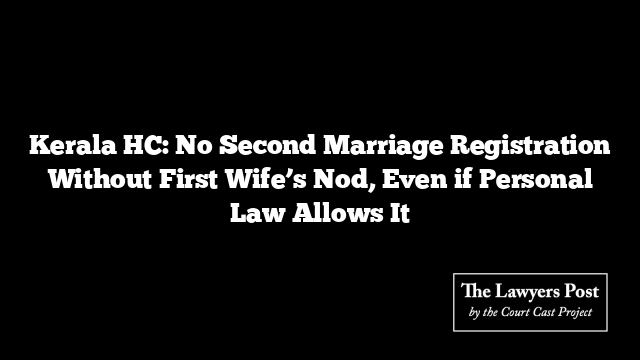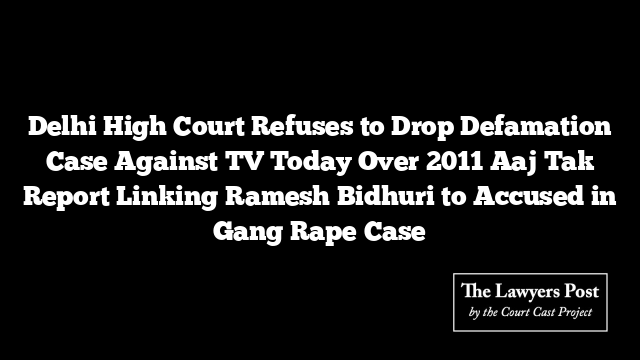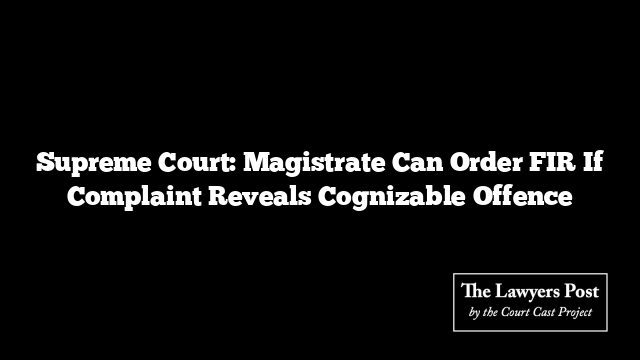A Muslim man’s right to marry more than once cannot steamroll the constitutional promise of equality — that was the essence of a recent Kerala High Court ruling, which held that a second marriage cannot be registered under the Kerala Registration of Marriages (Common) Rules, 2008, unless the first wife is notified and heard.
Justice PV Kunhikrishnan made it clear: religion may permit, but the Constitution prevails. The Court said the first wife’s voice cannot be erased from the process when her marriage with the man is still valid.
“A Muslim man cannot march over his first wife for registering his second marriage without notice to her,” the judge remarked, underscoring that marriage registration is not a religious act but a legal one governed by procedural fairness.
If the first wife raises an objection — claiming the second marriage is invalid — the registrar must halt the process and refer the matter to a civil court to determine its legality under personal law.
The case arose after a Muslim man and his second wife approached the court, challenging the refusal of the Thrikkaripur Grama Panchayat to register their marriage. The man admitted to his first marriage and two children but claimed he had his first wife’s consent before marrying again in 2017. The couple sought registration primarily to safeguard their children’s inheritance rights.
The registrar, however, refused — prompting them to approach the High Court, arguing that Muslim personal law allowed up to four wives.
Justice Kunhikrishnan disagreed with that interpretation of entitlement, noting that while the Quran permitted polygamy in limited circumstances, the spirit of the text leaned toward monogamy and fairness.
“Equality in gender is a constitutional right of every citizen. Men are not superior to women. Gender equality is not a women’s issue, but a human issue,” the Court observed, adding that both the Constitution and Islamic principles converge on justice and transparency in marital relationships.
He further remarked that giving the first wife an opportunity to be heard was not a token gesture but an essential safeguard:
“This Court cannot ignore the feelings of the first wife when her husband registers his second marriage. Their silence does not mean consent.”
However, the Court clarified that no notice is needed if the husband has lawfully divorced the first wife before remarrying.
Ultimately, the petition was dismissed since the first wife was not made a party to the case. But the Court allowed the couple to reapply, provided the first wife is informed and heard.
The judgment drew a clear line — personal law cannot eclipse constitutional guarantees, and registration authorities must honor the principles of fairness and equality before the law.





